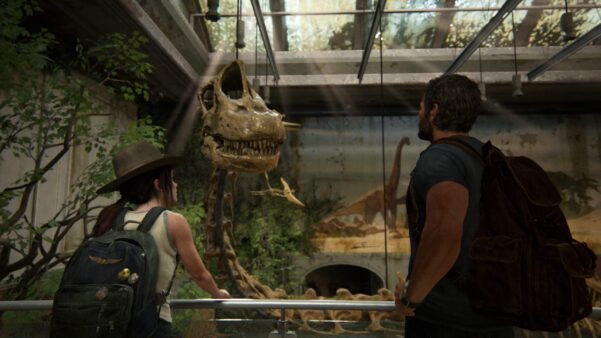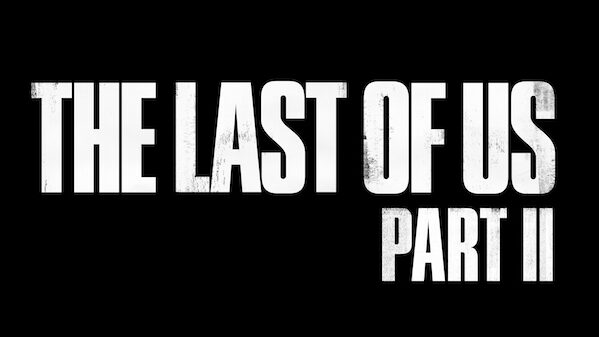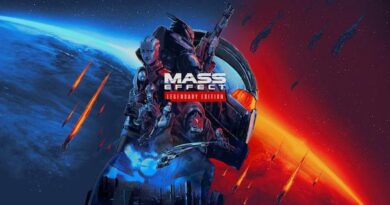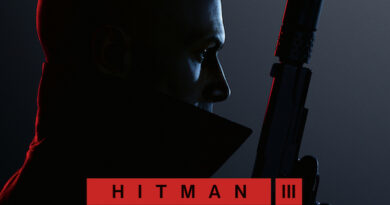Musings – The Last of Us: Part 2
Guest writer Nina, takes a deep dive into some thoughts about The Last of Us: Part 2 and its online turmoil.
As I will be trying to analyse one of this game’s central themes, I’ll have to dive into the nitty-gritty details of the story. So, dear reader, consider yourself warned. Spoilers Ahead.
To say that The Last of Us: Part 2 is a divisive game would be an understatement
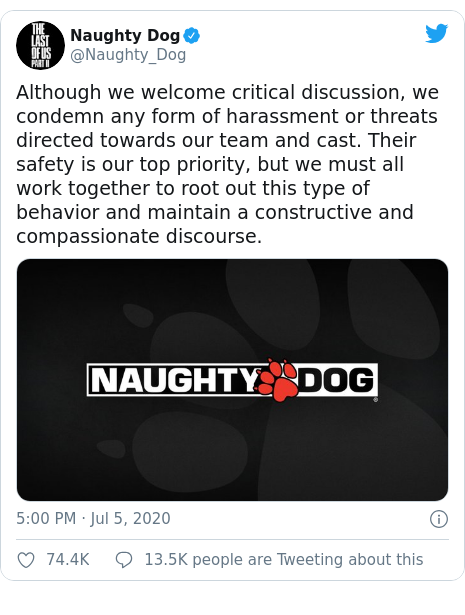
All you need to do is scroll through the comment section of any The Last of Us: Part 2 related content to realise just how angry some people are over the games’ narrative direction. And while some of the criticisms of this title’s writing and plot have a modicum of merit, after playing the game myself I believe that the reality is something far different.
The outrage doesn’t stem from The Last of Us: Part 2 being an objectively ‘bad’ game, it stems from the misunderstanding of the game’s exploration around the importance of perspective.
Part 2’s utilisation of perspective encourages players to question everything they thought they knew about the characters they’ve grown to love. Naughty Dog (ND) do this in what is a unique approach for a video game. By putting the player in the position of someone who was hurt or wronged by them.
The first game’s story made us emotionally attached to Ellie, Joel and the level headed Tommy. The prologue of Part II bonds us even closer to them when we have a front seat in the grief and devastation caused by Joel’s brutal murder at the hands of Abbey. But then in this game’s latter half, Naughty Dog flips all of that on its head by suddenly asking, “You know these people that you’re really attached to and care about? Well, they aren’t as great as you think. Don’t believe us? Let us show you.”
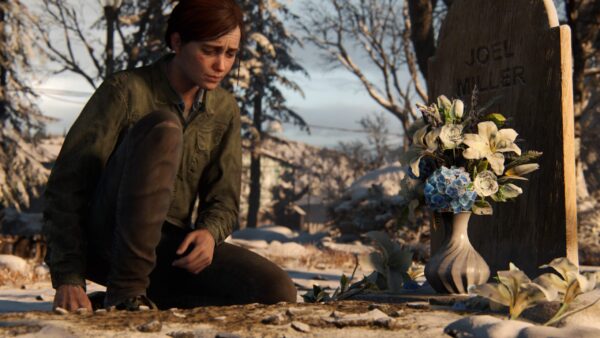
A game of two halves
The first half of the game is played from Ellie’s perspective and follows her three day, John Wick-esque massacre of WLF members, as she seeks vengeance for Joel’s murder. But, once the story reaches its climactic halfway point. Suddenly the clock rewinds and we play through the last three days again, except this time from Abbey’s perspective.
For the first few hours, this was a huge narrative turn-off. To put it bluntly, I didn’t care about Abbey. This is the same woman who tortured and killed Joel! You seriously expect me to care, Naughty Dog? Really?!
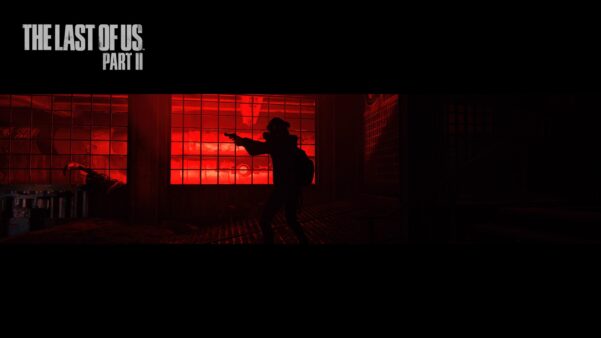
But once I had started ‘walking a mile in her shoes’, gradually I found myself relinquish the moral high ground. While Ellie’s three days in Seattle had been nothing but a murderous rampage through the city.
Abbey’s story was about her reconnecting with her humanity. She morphed from a stone-cold killer into someone willing to see her own faults. That made it hard to stay mad at her. I’ll admit, I still held some animosity towards her for what she did, but despite that I found myself genuinely caring about her fate.
Once this empathy for Abbey has started to build, ND begins messing with your emotions even more by throwing the impacts of the wider Jackson crew into the mix. You start to see the impact Ellie’s and her cohort’s killing spree is having on the people of the WLF.
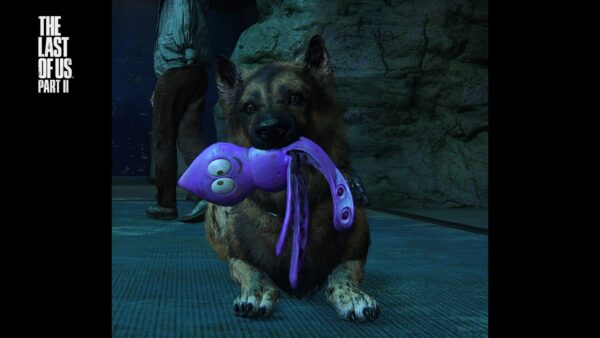
Hang on, are we the Bad Guys?
In an easily missed scene, whilst playing as Abbey, You walk through a morgue of bagged and tagged corpses and medical tents full of wounded people. I realised all of this death was “MY’ handy work from my time as Ellie. Then as I later came to realise Abbey’s friends all die at the hands of Ellie, Tommy and Jesse. I felt incredibly conflicted. The deaths of Abbey’s friends left me upset and yet I still held compassion for their killers.
How can that be? Since I now knew every one of these characters on a personal level, I had no idea how to feel when they all started killing each other. I found myself questioning if any of this was worth all of the suffering it was causing, for both sides.
The game was full of moments that challenged my perception of good guys and bad guys. But one in particular, left little wriggle room for me to argue away: The sniper sequence on Day 3 of Abbey’s playthrough. This fight takes place on a bridge, where Abbey and her friend Manny are pinned down by an unrelenting sniper who had just killed Manny’s entire WLF squad. Over the 20 minute encounter, you’re forced to crawl in the mud, duck from cover to cover. Trying to push up to the bridge fwhere the sniper is raining down fire with murderous intent.
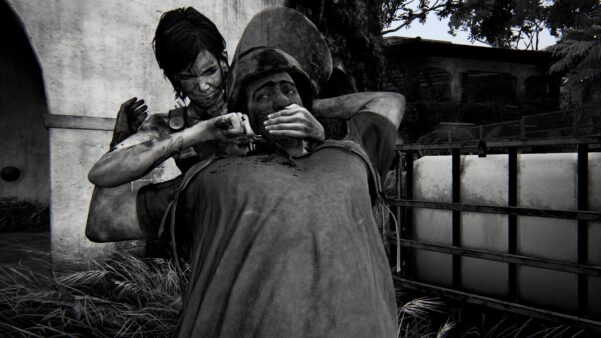
Every time he hits you, you get angrier
Every time you die, all you want to do is get your hands on him and end this godforsaken encounter. Eventually though, you manage to corner him inside a nearby building. Then friendly, light-hearted, kind Manny…. is murdered by the sniper. As Abbey was reeling from the death of her friend, it suddenly dawned on me who this guy was. The sniper I had spent the last half hour chasing, fighting and wishing death upon was none other than Tommy Miller. Joel’s younger brother, Ellie’s friend and personally one of my favourite characters in this franchise.
The emotional whiplash I experienced after this moment was what really drove home how important perspective can be. Naughty Dog had just forced me to fight against a character I cared about. For a moment there, I’d fallen for their narrative framing and I hated Tommy. I was confronted with the reality that despite my feelings for him, Tommy was one of the monsters in the opposing side’s story.
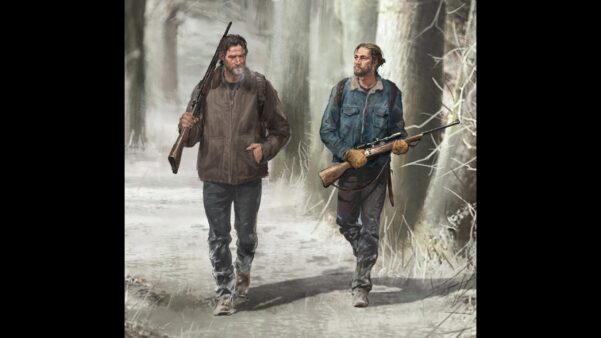
As I said earlier, this moment is one of several in this game that force players to face up to the uneasy reality Naughty Dog has created. That reality is that there are no ‘good guys’ in this fable. Only two groups of people, who are on the opposing sides of each other’s story. Suffering the consequences of each other’s actions and choices.
The question now is: How does all this tie into the hatred this game is receiving online?
Well, I think it is primarily one of two things. If we can all agree to dismiss the sexist, homophobic and downright pond scum arguments found in many social media platforms. Firstly the challenge of perspective in Part 2 was far more harrowing than some players had expected. And while this might sound like a jibe at peoples ability to process this game, it most certainly is not. The truth is that this game is a harrowing experience. It’s emotionally jarring to be bonded so closely to characters, only to be shown how terrible they really are when seen from another perspective. If I’m to be totally honest, this game’s story is downright miserable at times. I finished it several days ago and I still haven’t fully recovered from those 25 hours of turmoil.
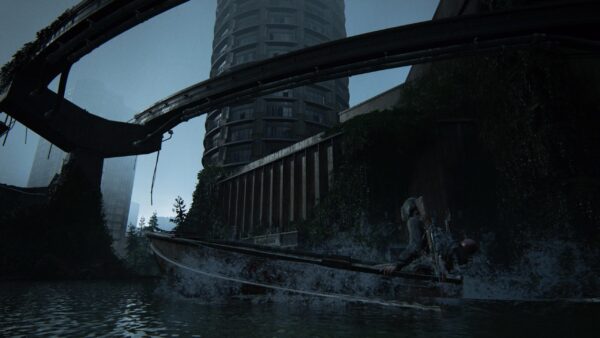
While I think all players will feel emotionally shocked by this game. Its how each individual processes that shock that determines whether they come out of the other side loving or hating it.
Those who loved it were largely able to accept Naughty Dog’s challenge of empathising with all sides of the story. As a result, they were able to understand the messages the story was presenting them and were able to find some enjoyment out of that. Those who hated it, however, were likely unable to do so. They may have failed to see or appreciate the challenge ND set for them. As a result, they deemed the game as badly written and a disappointment.
The hero fantasy, shaken to its core.
 The second primary reason for the online vitriol was that the returning The Last of Us players, went in with a preconceived notion of what this video game would be. Action video games are, in simple terms, generally a hero fantasy. Gamers expected to return to the game, reclaim the hero mantle and play as Joel slaying “bad guys” again.
The second primary reason for the online vitriol was that the returning The Last of Us players, went in with a preconceived notion of what this video game would be. Action video games are, in simple terms, generally a hero fantasy. Gamers expected to return to the game, reclaim the hero mantle and play as Joel slaying “bad guys” again.
When Joel dies, the hero fantasy was shaken to its core. Gamers around the world would have said something akin to….“Who do I play as now? I love Joel! Video game heroes don’t die, what the hell are you doing Naughty Dog!?”
In short. The breaking of these expectations is what led to so many failing to understand what Naughty Dog was trying to achieve here.
The Last of Us Part 2 sets its players the same challenge it does for its characters. The challenge of looking past the personal biases we hold for others so we can empathise with them. While we may be unable to ever fully forgive Abbey, or hate Ellie for their respective actions. We can at the very least, attempt to appreciate all of their motives and stories.

Understanding this message is key to being able to find enjoyment in this otherwise harrowing experience.
Unfortunately, many were unable to. There is nothing wrong with admitting that because art is always subjective. It also cannot be ignored that the resulting backlash against the game and how some gamers have been unable to see how their vicious online actions show a lack of an understanding of perspective. Serving only to personify the philosophical position of life imitating art.
However, I still believe that with some thought, regardless of where you are on the love/hate spectrum. Everyone can find some appreciation for how unique this harrowing, tumultuous and powerful piece of fiction really is.
Here’s a link to the Koru-Cottage Review by the way!
